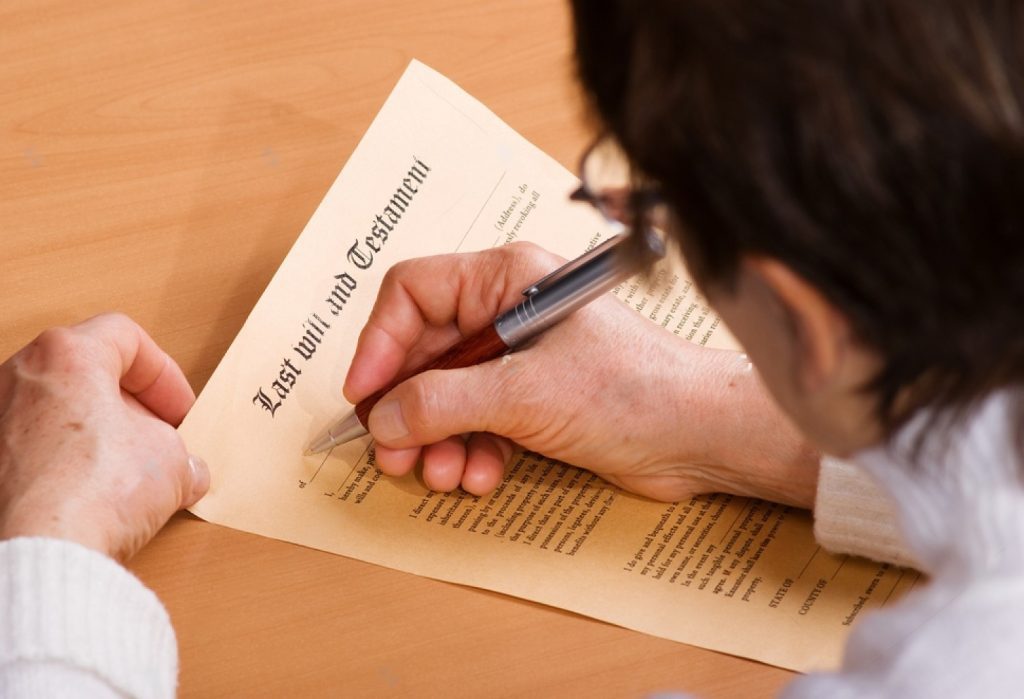When a loved one passes away, it can be a difficult and emotional time for those left behind. In addition to the grief and loss, there may also be legal matters to attend to, such as the distribution of assets through a will or other estate planning documents. If you have been left a house in a will, it’s important to understand what steps you may need to take and what rights and responsibilities you will have as the new owner.
The first step when inheriting a house is to confirm that the property has been left to you in the will. If there is no will, the property will pass through the laws of intestacy, which can be more complicated. Once you have confirmed that you are the legal owner, you will need to decide what to do with the property. Here at sell my house swiftly we help and guide clients to sell their inherited houses.
One option is to move into the house and make it your primary residence. This can be a particularly attractive option if you were renting or looking to buy a new home, as you can save on housing expenses. However, it’s important to consider any ongoing costs associated with the property, such as mortgage payments, property taxes, and maintenance.
Another option is to rent out the property and become a landlord. This can provide a steady stream of income, but it also comes with its own set of responsibilities and expenses. You will need to find tenants, collect rent, and maintain the property. You may also need to hire a property management company if you do not live nearby or do not have experience as a landlord.
Selling the property is also an option. This may be necessary if you cannot afford the ongoing expenses associated with the property or if you do not want to take on the responsibilities of being a landlord. When selling an inherited property, it’s important to work with a real estate agent or attorney to ensure that the sale is handled properly and that any taxes or debts associated with the property are paid off.
In addition to these practical considerations, there may also be emotional factors to consider when inheriting a house. You may have fond memories associated with the property, or you may feel overwhelmed by the responsibility of taking care of it. It’s important to take the time to process your emotions and to seek support from loved ones or a therapist if needed.
One potential disadvantage of inheriting a house is that it may come with unexpected costs. Even if the property is paid off, there may be ongoing expenses such as property taxes, maintenance, and repairs. If the property has a mortgage, you may need to take over the payments or sell the property to pay off the debt. There may also be inheritance taxes or other fees associated with the transfer of ownership.
Another potential disadvantage is that inheriting a house may cause family conflict. If there are multiple heirs or if the deceased did not leave a clear will, there may be disagreements about how to handle the property. It’s important to work with an attorney or mediator to resolve any disputes and ensure that the property is distributed according to the wishes of the deceased. Further details about what happens when you inherited a house in a will click here.
In conclusion, inheriting a house can be both a blessing and a challenge. It’s important to understand your legal rights and responsibilities as the new owner and to consider all of your options, including living in the property, renting it out, or selling it. It’s also important to be aware of the potential costs and emotional challenges associated with inheriting a house, and to seek support from loved ones or a therapist if needed. With careful planning and support, inheriting a house can be a positive and rewarding experience.

